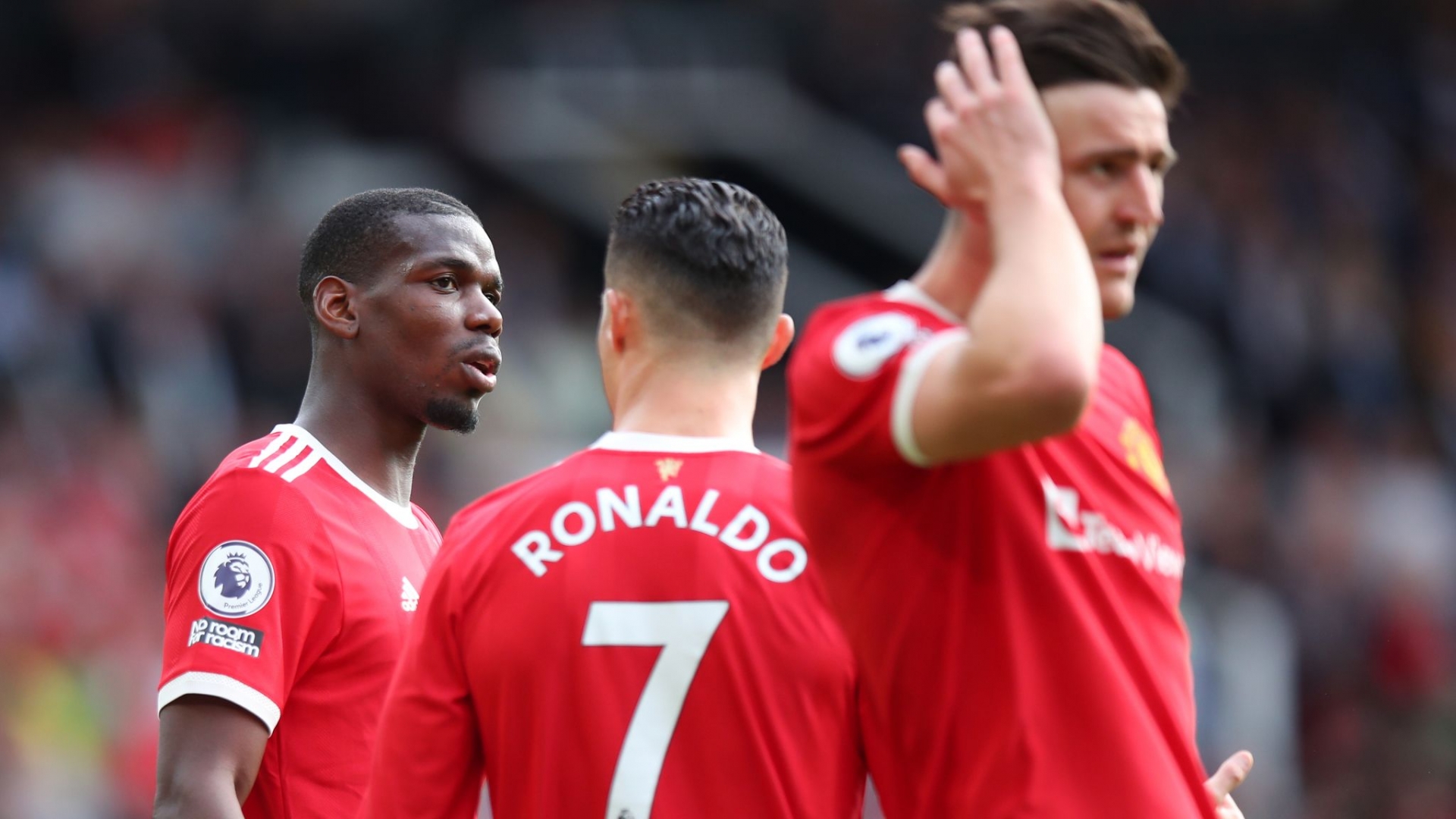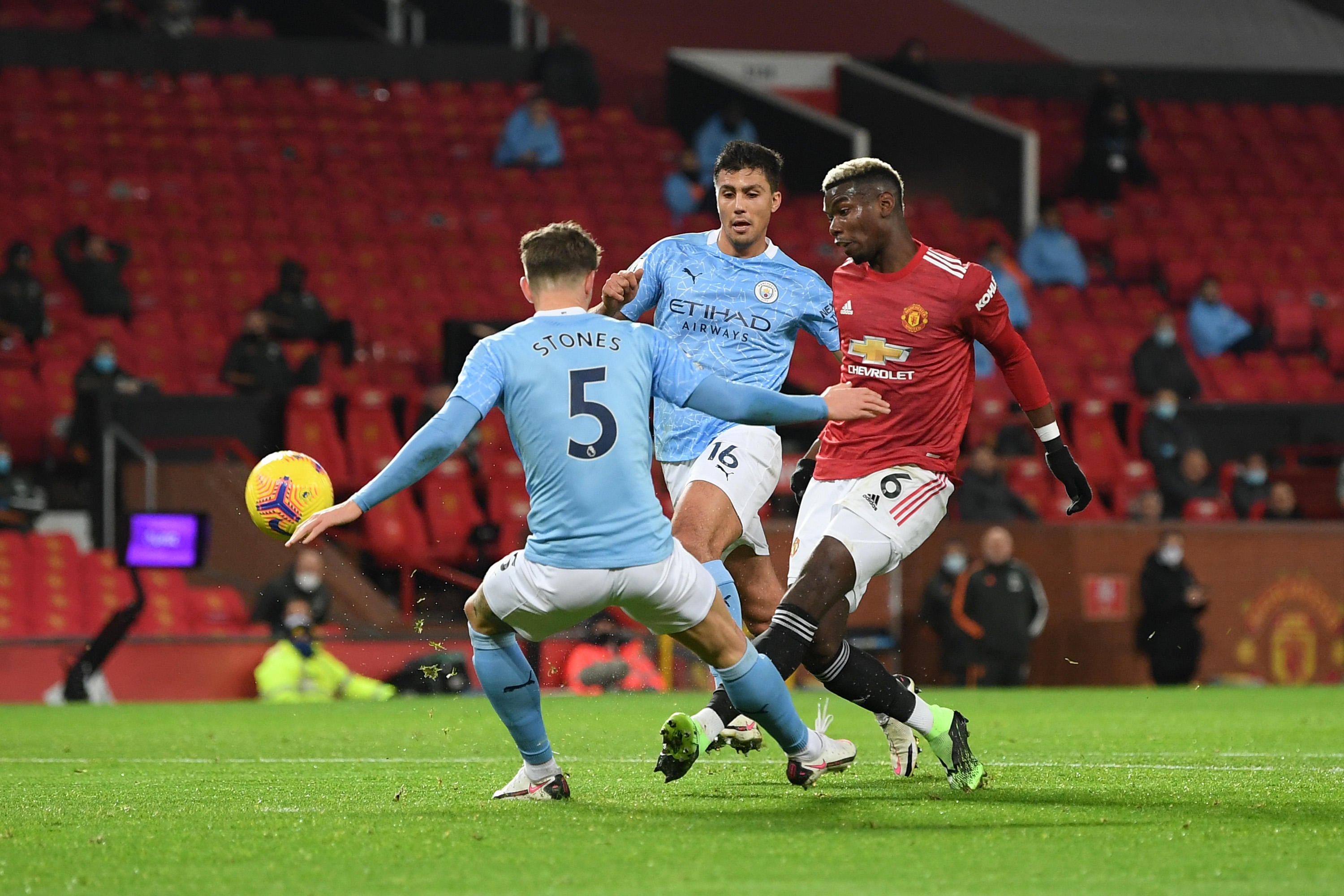Qatar Manchester United: The recent acquisition marks a pivotal moment in the club’s history, sparking intense debate and speculation. This in-depth analysis explores the multifaceted impact of Qatari investment, examining its influence on the club’s finances, brand image, sporting performance, and broader socio-political implications. We delve into the details of the investment strategy, compare it to other major football club ownerships, and assess the long-term prospects for Manchester United under its new ownership.
From scrutinizing financial records to analyzing marketing campaigns and evaluating on-field performance, we aim to provide a comprehensive overview of this significant development in the world of football. The analysis will also consider the ethical considerations surrounding the investment, particularly in light of ongoing discussions around sportswashing and the international perception of Qatar.
Qatar’s Investment in Manchester United: A Deep Dive: Qatar Manchester United
The acquisition of Manchester United by a Qatari consortium, spearheaded by Sheikh Jassim bin Hamad Al Thani, marks a pivotal moment in the club’s history and the broader landscape of football finance. This analysis delves into the multifaceted implications of this investment, examining its financial impact, brand influence, sporting performance ramifications, socio-political considerations, and future prospects.
Qatar’s Investment Details
The bid, submitted in February 2023, represented a significant investment in one of the world’s most recognizable football brands. While the exact financial details remain subject to confidentiality agreements, the proposed purchase price was reported to be substantial, reflecting the club’s global reach and brand value. The process involved a competitive bidding process, highlighting the intense interest in acquiring Manchester United.
Key figures involved include Sheikh Jassim bin Hamad Al Thani, the chairman of Qatar Islamic Bank, and his team of advisors. The timeline saw a protracted negotiation period before a final agreement was reached. Compared to other major football club owners, such as those in the Premier League (e.g., Chelsea, Manchester City), the Qatari approach seems to prioritize long-term investment and brand building rather than solely focusing on immediate short-term returns.
This differs from models seen with other owners who might focus on rapid revenue generation through player sales or high-profile transfers.
Economic Impact on Manchester United, Qatar manchester united
The Qatari investment is expected to have a significant positive impact on Manchester United’s financial performance. Increased investment in infrastructure, player recruitment, and marketing campaigns should lead to higher revenues and improved profitability. The injection of capital allows for debt reduction and strategic acquisitions. The following table provides a hypothetical comparison of key financial metrics, illustrating the potential positive impact of the investment.
Note that these figures are for illustrative purposes and are not based on confirmed data. Actual results may vary.
| Year | Revenue (£m) | Profit (£m) | Debt (£m) |
|---|---|---|---|
| Pre-Investment (2022) | 600 | 50 | 400 |
| Post-Investment (Projected 2025) | 750 | 100 | 200 |
Brand and Image Changes
The Qatari investment has the potential to reshape Manchester United’s brand image, particularly in the global market. The club’s marketing strategies will likely incorporate Qatari cultural elements while maintaining its existing global appeal. This could involve targeted campaigns in key markets in the Middle East and Asia, leveraging the existing strong fanbase in these regions. For example, collaborative campaigns showcasing the shared values of sportsmanship, excellence, and community engagement could resonate deeply with fans worldwide.
A hypothetical marketing campaign could feature iconic Manchester United players alongside Qatari cultural icons, emphasizing a fusion of tradition and modernity.
Sporting Performance and Qatari Influence
The impact of Qatari investment on Manchester United’s on-field performance is yet to be fully realized. However, increased investment in player recruitment is expected to strengthen the team’s competitiveness. Transfer strategies are likely to become more ambitious, targeting high-profile players to enhance the team’s overall quality. The role of Qatari influence in player recruitment and management decisions remains to be seen, but it’s likely to involve a greater focus on long-term strategic planning and building a sustainable winning team.
- 2023-2024: Initial investment and squad restructuring; potential for significant signings.
- 2024-2025: Focus on building team cohesion and challenging for major trophies.
- 2025-2026: Assessment of progress and further investment based on performance.
Social and Political Implications

The Qatari ownership of Manchester United has significant social and political implications. Concerns surrounding sportswashing, where a nation’s image is improved through investment in sports, are relevant. Criticisms may arise regarding Qatar’s human rights record and its approach to social issues. The international perception of Qatar will undoubtedly be influenced by its association with a globally recognized football club.
Ethical considerations surrounding the investment must be carefully weighed against the economic benefits and sporting success it could bring. The club will need to address these concerns transparently and proactively.
Future Prospects and Predictions
The future of Manchester United under Qatari ownership holds both significant opportunities and potential challenges. Continued investment in infrastructure, player recruitment, and global marketing could establish the club as a dominant force in European and global football. However, maintaining a positive brand image while addressing ethical concerns will be crucial. A hypothetical future investment strategy might involve diversification into other sporting ventures, leveraging the club’s global brand to create new revenue streams.
A future brand campaign could focus on a long-term vision of sustainable growth, both on and off the field, emphasizing the club’s commitment to community engagement and social responsibility.
Discover how premier league 96/97 table has transformed methods in this topic.
The Qatari investment in Manchester United represents a complex and evolving story with far-reaching consequences. While the financial benefits are undeniable, the ethical considerations and long-term impact on the club’s image and global standing remain subjects of ongoing discussion. The future success of this partnership hinges on navigating these complexities effectively, balancing financial gains with responsible stewardship and upholding the club’s rich legacy.



